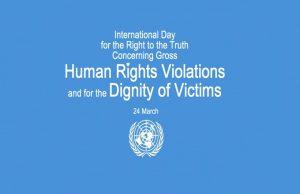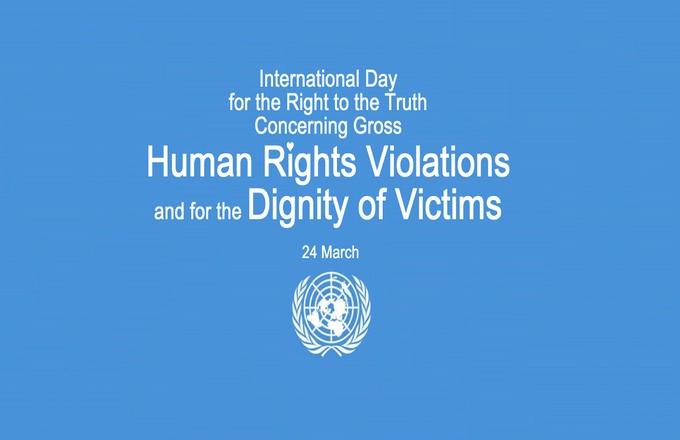
On the 24th of March every year, the International Day for the Right to the Truth Concerning Gross Human Rights Violations and for the Dignity of Victims is commemorated in honor of Monsignor Óscar Arnulfo Romero, who was assassinated on this day in 1980. Monsignor Romero was passionately involved in speaking out against the infringement of human rights suffered by the most marginalized people in El Salvador.
Buy Prime Test Series for all Banking, SSC, Insurance & other exams
The purpose of the Day is to:
The International Day for the Right to the Truth Concerning Gross Human Rights Violations and for the Dignity of Victims aims to honor the memory of victims who have suffered from gross and systemic human rights violations, while promoting the significance of the right to truth and justice. It also serves to pay tribute to individuals who have dedicated their lives to advocating for and protecting human rights for everyone, even if it meant sacrificing their own lives. In particular, the day recognizes the important contributions and values of Archbishop Oscar Arnulfo Romero from El Salvador, who was assassinated on 24 March 1980. Archbishop Romero vehemently condemned human rights abuses against the most vulnerable populations and upheld the principles of preserving life, respecting human dignity, and opposing all forms of violence.
Background of the day:
- On December 21, 2010, the United Nations General Assembly declared March 24 as the International Day for the Right to the Truth concerning Gross Human Rights Violations and for the Dignity of Victims. This date was chosen because on March 24, 1980, Archbishop Oscar Arnulfo Romero of El Salvador was assassinated after speaking out against human rights abuses.
- In 2006, the UN High Commissioner for Human Rights conducted a study that concluded that the right to the truth about serious violations of human rights is an inherent and independent right linked to the responsibility of states to protect and ensure human rights, conduct effective investigations, and provide remedies and reparations. The study emphasizes the importance of understanding the complete truth about the events, including their specific circumstances and who was involved.
- In 2009, the UN High Commissioner for Human Rights released a report outlining best practices for implementing the right to the truth. These practices include establishing archives and records related to human rights violations and implementing programs to protect witnesses and individuals involved in trials connected to such violations.
- The Commission on the Truth for El Salvador was created in 1991 to investigate violent acts that had occurred since 1980 and were deemed to have had a significant impact on society. In its 1993 report, the Commission documented the assassination of Archbishop Oscar Arnulfo Romero by pro-government forces known as “death squads.” Archbishop Romero was shot and killed during a mass on March 24, 1980.
You may also read this:
- World Tuberculosis Day 2023 observed on 24 March
- World Meteorological Day 2023 observed on 23rd March
- Shaheed Diwas or Martyrs’ Day 2023 Observed On 23rd March



 Indian Olympic Medal Winners List Till N...
Indian Olympic Medal Winners List Till N...
 Who is the Inventor of the Gramophone?
Who is the Inventor of the Gramophone?
 HS Dhaliwal Appointed New DGP Of Andaman...
HS Dhaliwal Appointed New DGP Of Andaman...
